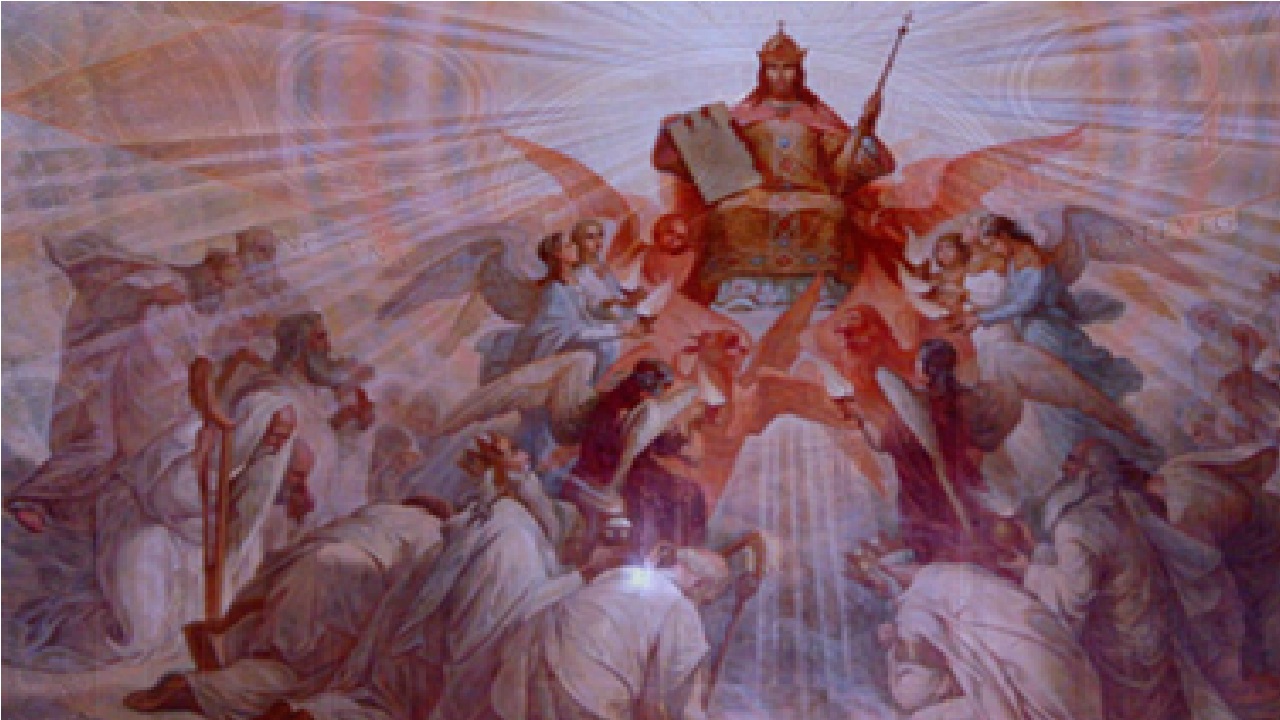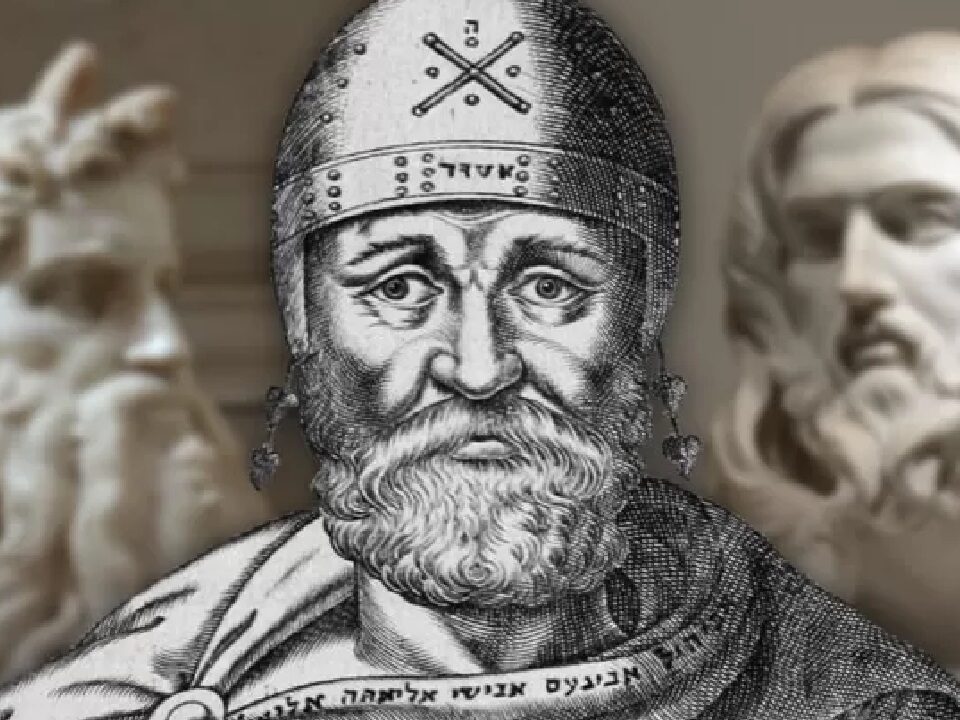
The son of man, he is human!
February 3, 2020
The Davidic king as God
February 29, 2020The Divine authority of Jesus

From the Anchor Bible Dictionary article on “Incarnation.”
Does the authority expressed by Jesus not carry with it an implicit claim to incarnation? The But I say to you of Matthew 5 seems to go beyond the prophets’ Thus says the Lord and to set Jesus over, against, or above Moses. Even so, however, it is some way from the absolute claim of the Johannine I am formula, and it does not seem to have moved beyond the category of inspiration.
The most striking expression of divine authority on the part of Jesus would seem to be his claim to forgive sins in Mark 2:5, 10, especially as in the narrative itself it prompts the response, Who can forgive sins but God alone? The issue here, however, seems to be that of authorization. After all, the priest was entitled to pronounce sins forgiven in the context of the cult, on the authority of Leviticus 5. The provocative feature of Jesus’ pronouncement was that he spoke neither as priest nor in the context of the cult. To pronounce sins forgiven or even to forgive sins is not of itself an indication of incarnation, since according to John 20:22 Jesus’ disciples can do the same (Matt 16:19; 18:18). Here again, we do not seem to have moved beyond the category of inspiration, or authorization.
It has been suggested that in Jesus‘ parables he applied OT imagery which depicted God to himself, indicating that Jesus thought of himself as in some sense God. The flaw in this reasoning is the twofold non sequitur that Jesus consistently intended his parables to be understood allegorically and that he consistently intended to portray himself in them. For example, is the sower of Mark 4:3–8 a specific person or anyone who preaches the good news? And the farmer of Mark 4:26–29, who sleeps and rises night and day, is hardly to be understood as a portrayal of God. If any identification is intended by the figure of the father (as in Luke 15:11–32) or of the king (as in Luke 19:12–27), it is obviously God. The imagery of the shepherd (as in Luke 15:4–7) is certainly that of God, but in the same passages it is also that of those set over Israel by God (Jer 23:1–6; Ezek 34:10–16, 20–24). Most striking here is the use of wedding imagery (Mark 2:19; Matt 25:1–13), but even here it is by no means clear if Jesus intended to refer to himself as the bridegroom, as distinct from simply using the symbolism of the wedding to denote the new age of the kingdom (Isa 49:18; 62:5); and the parable of the king giving a marriage feast for his son (Matt 22:1–10) hardly suggests an identification between the bridegroom and God.
In short, within the earlier strata of the Jesus tradition there is substantive evidence that Jesus laid claim to speak with divine inspiration and authorization as in some sense the representative of God. But there is nothing of consequence to support the thesis that Jesus saw himself in some sense as God, as the incarnation of deity.

